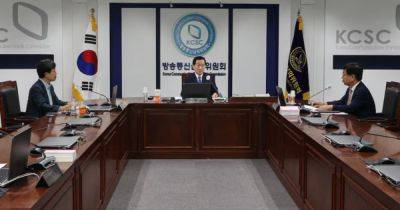Why does Couche-Tard want to buy 7-Eleven? It's a 'cheap' stock, says portfolio manager
Alimentation Couche-Tard's proposal to buyout 7-Eleven's owner was likely driven by its affordability as a stock, in comparison to global counterparts, because there's not much to improve when it comes to the core business of Seven & i Holdings Co., Richard Kaye, portfolio manager at independent asset management group Comgest, said Monday.
The Circle K operator offered to acquire its Japanese rival last month. The amount has not been disclosed, but should a deal go through, it could be the biggest-ever foreign takeover of a Japanese company.
On Friday, U.S. find Artisan Partners Asset Management urged Seven & i Holdings to "seriously consider" the buyout offer, and solicit offers for the company's Japanese subsidiaries "as quickly as possible."
The offer was made amid restructuring within the company, aimed at growing 7-Eleven's presence globally as well as divesting its underperforming supermarket business.
"ACT is uniquely positioned to enhance (Seven & i's) corporate value," Artisan portfolio managers N. David Samra and Benjamin L. Herrick wrote in a letter, according to Reuters. "Negotiating with ACT is the best tactic to preserve positive stakeholder outcomes in Japan."
Kaye disagreed in an interview on CNBC's "Squawk Box Asia," saying: "I don't think there's a case for a radical reform to be to be done by a foreign acquirer."
The company is doing a "phenomenal job" in terms of logistics and product innovation" and "I think it's very hard to assume that that could be done an awful lot better," he added.
Kaye, however, acknowledged that the company could move faster to reform its other segments, such as its general merchandise stores.
But these businesses do not represent a detraction to Seven and i's profit margins or







